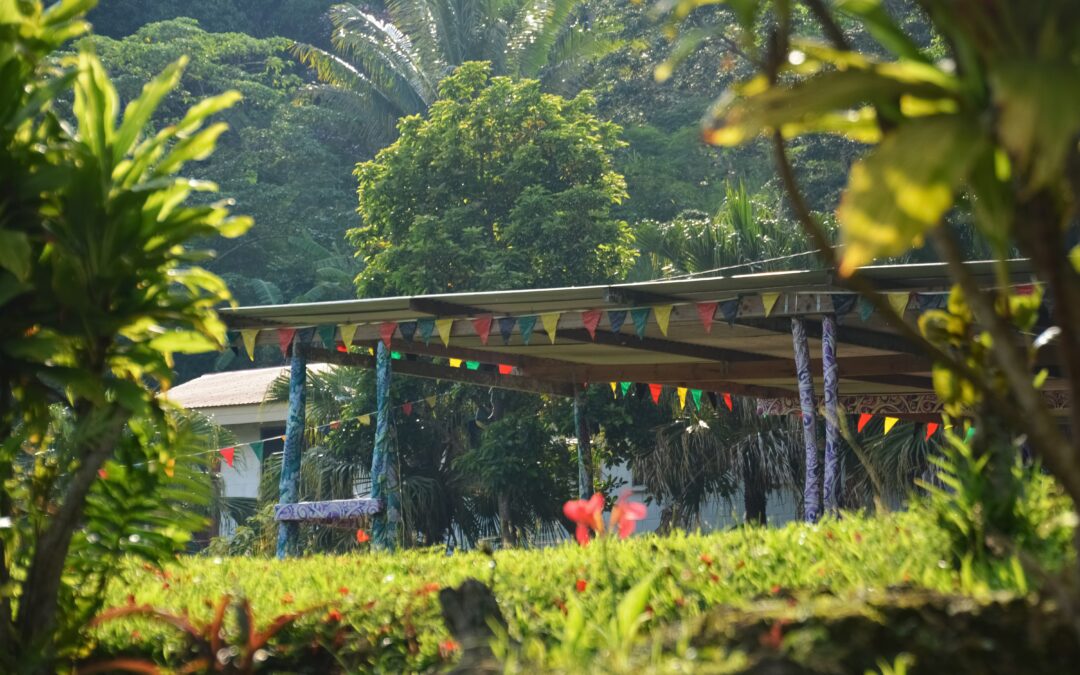The pandemic called for new, creative approaches to delivering EWB’s inspiring, immersive learning experiences that are critical in nurturing future-ready engineers. From this, the first Digital Design Summit was born. Held for six weeks across January and February, it proved to be an equally rewarding and successful program, so much so that applications are now open for the next one!
EWB’s ‘Humanitarian Design Summit’ program of study tours launched in 2015 and was a valuable and meaningful mechanism for Australian university students to travel overseas and grow their socio-technical engineering skills and mindsets in real-world contexts. Travel restrictions as a result of Covid-19 forced this program into hibernation in 2020. Luckily, working in challenging and changing contexts is EWB’s happy place (and what humanitarian engineering is all about). The inaugural Digital Design Summit was developed to fill that gap. But it also provides an accessible, unique alternative for students across Australia, and internationally, who are studying engineering, community development or related disciplines.
The Digital Design Summit experience
Students from Australian universities and the University of South Pacific collaborated online in the six-week program, learning from and working with communities in Vanuatu to understand and strengthen key skills and mindsets needed for humanitarian engineering and development practice.
With a focus on engineering and design for climate resilience, students applied this learning to support two projects currently underway in Vanuatu – a footbridge to allow children access to school during flooding, and backyard garden infrastructure to support food security and economic empowerment in a changing climate.
Big impact in a digital space
Feedback from students who participated in the inaugural offering of this program highlights the success and impact of this learning experience. All respondents in the post-program survey strongly agree that they now feel better prepared to contribute to technical projects in complex environments. All respondents also reported they feel better able to collaborate effectively in a team environment and with project stakeholders online. Students also completed this program feeling much more confident – in their abilities, in their leadership and communications skills, their cultural sensitivity and stakeholder engagement – all vital skills for contributing to a better world.
As Alison Doan, a participant in this program and studying a Bachelor of Chemical Engineering at the University of Adelaide, explains:
“The program has helped me improve my engineering and interpersonal skills. Aside from engineering knowledge, I’ve become more confident in speaking up about my ideas and taking leadership positions. I also learned that even though my engineering skills can help so many people, other skills such as communication and teamwork also play an important role in order to ensure a successful project.”
Sophie Goodall (from Australian National University and studying a Bachelor of Development Studies/Bachelor of Politics, Philosophy & Economics,) describes the program as a “really enriching experience” that helped her apply the theories she’s been studying to real-world contexts.
“I made meaningful connections with people from all over the world while building my confidence and enhancing my skill set. I am grateful to have learnt from people who are passionate about the intersections between sustainable engineering and development, and this program has put me in great stead as I begin to contemplate my career path after graduation.”
Alison and Sophie were not only the participants who benefited from the Digital Design Summit. The EWB Vanuatu team were “blown away” by students’ energy, curiosity, motivation and design ideas, and are looking forward to progressing these projects to create more climate resilient ni-Vanuatu communities.
Your next learning experience…
Given the success of this first Digital Design Summit, we will be running the next Digital Design Summit focused on Timor-Leste, from 20 June – 15 July 2022. University students are invited to join this online study offering as we explore appropriate technologies for water security in a changing climate in Timor-Leste. In more good news – EWB’s in-person overseas Humanitarian Design Summits will return in 2023!
Featured image: Vanuatu is well known for its lush landscape – Image credit: Jeremy Bezanger on Unsplash


